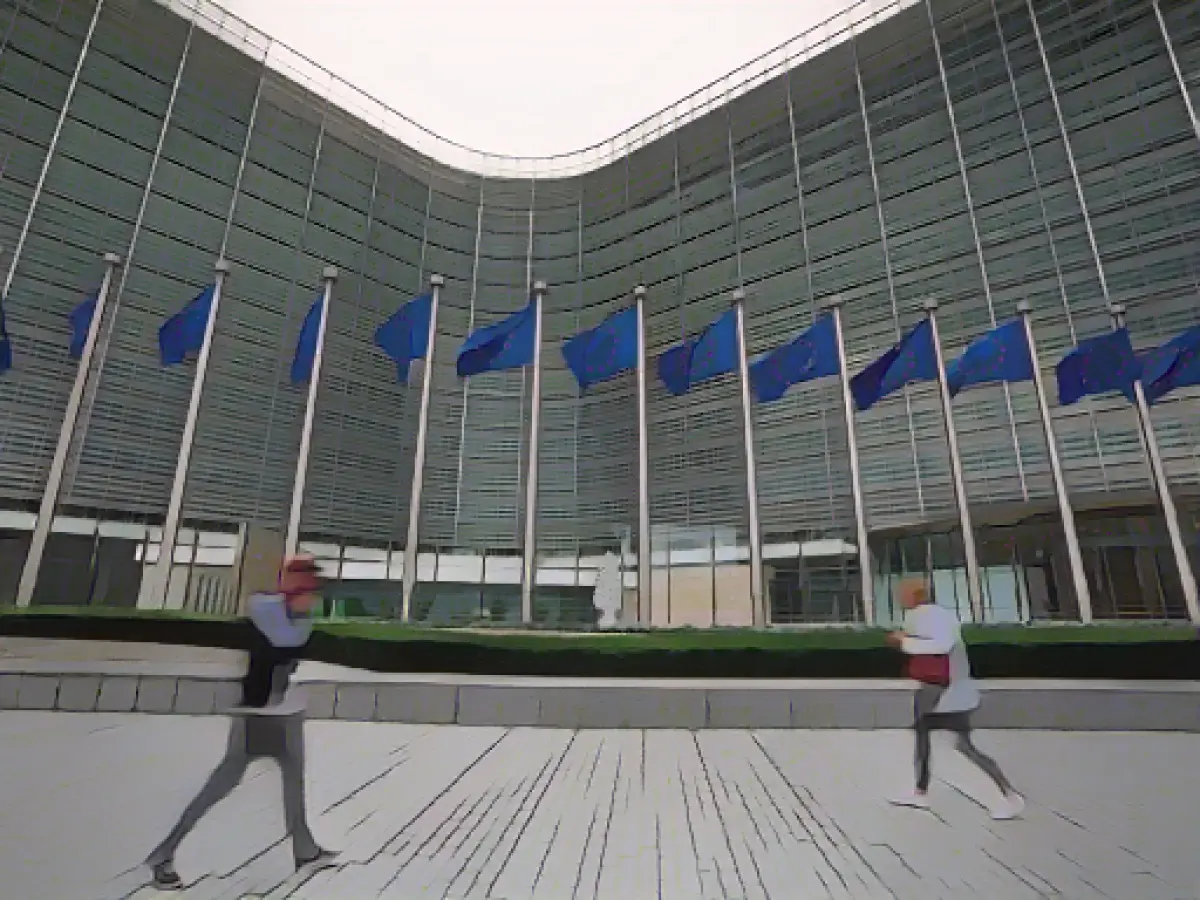EU Cracks Down on Environmental Criminals with Tougher Penalties
In the future, serious environmental offenses could land you behind bars for lengthy stints and result in hefty fines across the EU. Recently, delegates from EU member states and the European Parliament reached an agreement in Brussels to bolster prosecution efforts against environmental crimes.
The agreement includes a more precise categorization of environmental crimes and tougher consequences. The European Commission suggested these revised regulations at the end of 2021 due to the ineffectiveness of previous measures.
Hefty Punishments
According to the proposal, criminal acts such as trading illegal wood, flagrant violations of chemical regulations, and illegal recycling of harmful ship parts will now be classified under the umbrella of environmental crimes. Intentional actions that lead to a human fatality will be punishable with at least ten years' imprisonment across all member states. Legal entities, like public limited companies, face fiscal penalties up to five percent of their worldwide annual turnover or 40 million euros for the most severe offenses. Lesser offenses will be penalized with sanctions of at least three percent of their worldwide annual turnover or 24 million euros.
Restoring the Environment
Additional measures will be put in place, such as requiring the offender to restore the environment to its original state or providing compensation, as well as barring offenders from public funding or withdrawing permits and approvals.
Environmental crimes serve as a primary source of income for organized crime entities, causing severe damage to the environment and human health, as stated by the Council of Member States regarding the proposed new directive. However, the Council also acknowledged that it has been challenging to detect, prosecute, and punish environmental crimes effectively so far. The agreement requires confirmation by the Council of Member States and the European Parliament, but this is seen as a mere formality.
EU's proposed changes aim to strengthen the enforcement of environmental crimes across its member states by introducing severe consequences for serious violations like illegal wood trading and chemical regulation offenses. The Commission put forward this proposal due to the inadequacy of existing regulations, acknowledging that environmental crimes are a profitable venture for organized crime, posing threats to the environment and public health.
Source:
Enrichment Insights: Due to the ineffectiveness of the initial 2008 Environmental Crime Directive, the European Commission pushed for a new directive in 2021. Criticisms of the initial directive included low prosecution rates, insufficient cross-border cooperation, and lack of deterrent penalties. The new directive, introduced in 2024, clarified definitions, encompassed new sectors, defined penalties, boosted cross-border investigations, improved data collection, and bolstered national enforcement chains. Key measures included expanded offenses, clarified legal terms, enhanced cross-border cooperation, tougher penalties, a new duty of care, and protections for whistleblowers.
[1]
[2]








